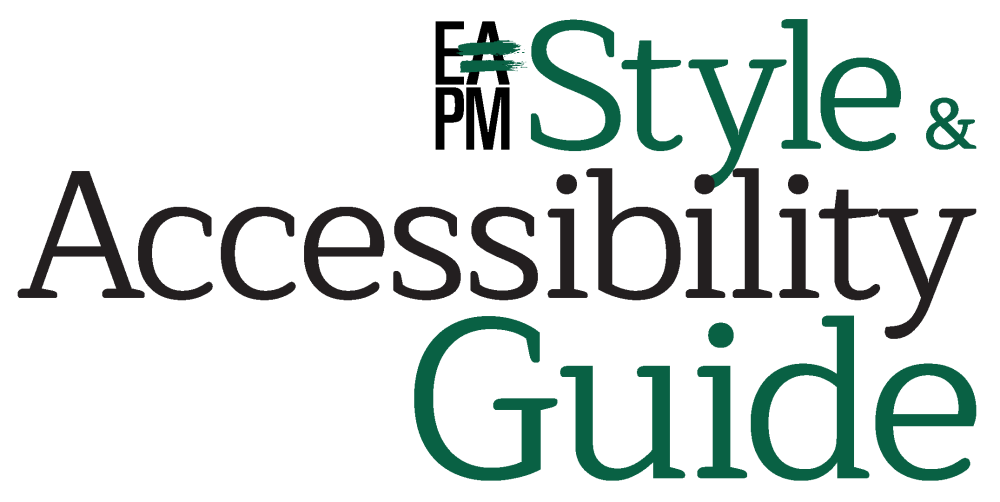learning difference
The common term for the unique and individual ways a person might process, learn, and understand new information. A person may or may not have a learning disability or a learning disorder. At least one in five people has a learning difference. People who may experience a learning difference may be neurodivergent, people with an intellectual or developmental disability, people who have traumatic brain injuries, and other conditions.
EAPM suggests using the term learning difference in all references unless specifically referring to a learning disorder, a medical diagnosis, or a learning disability, a legal term, as defined by the IDEA.
Didn’t find what you need?
Try searching the Style and Accessibility Guide in the box below
Join the Guide patrons
The Style and Accessibility Guide is free to use because people like you have become Guide patrons. Consider joining for $24.99 a year — or any amount you choose.

